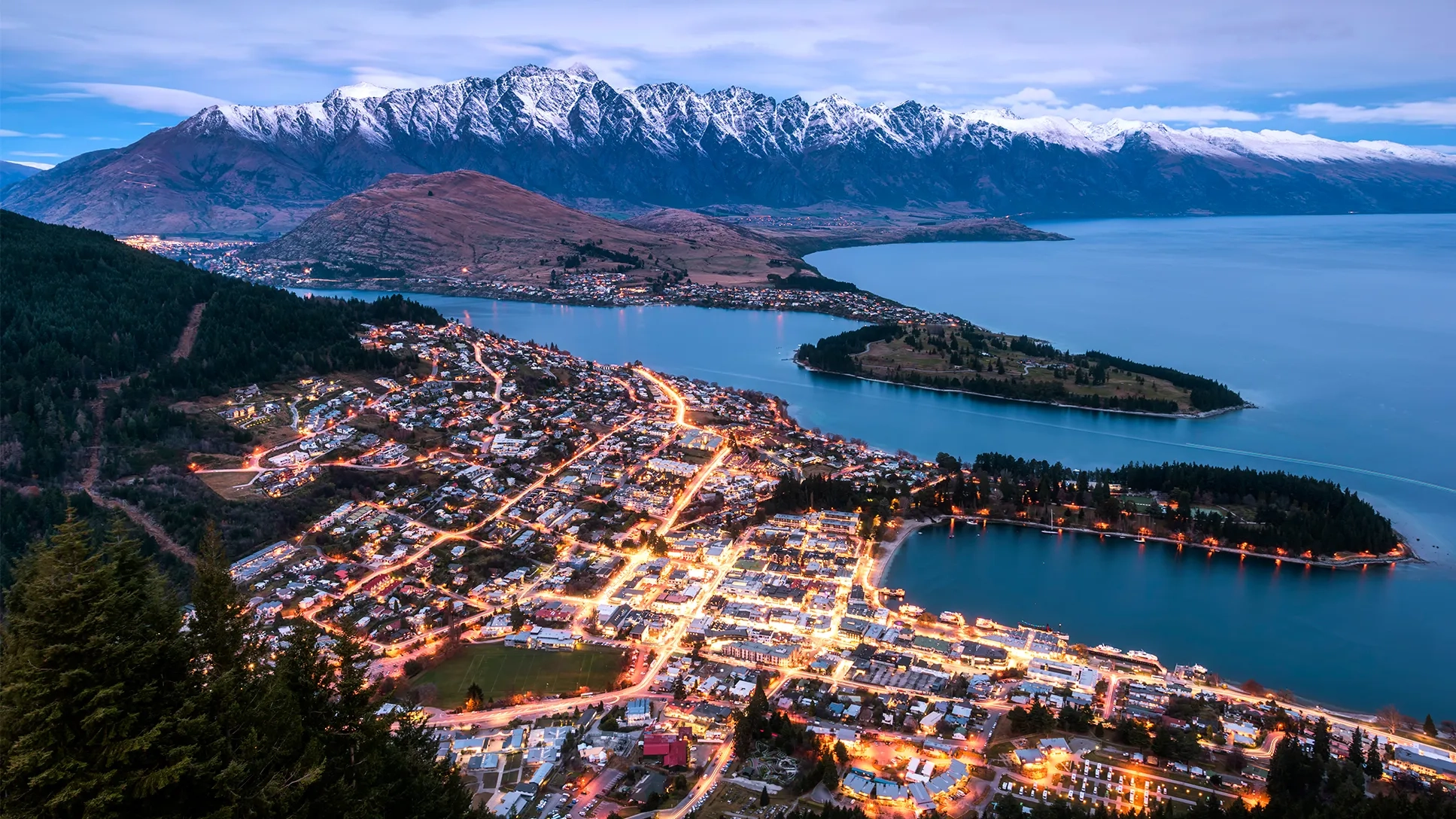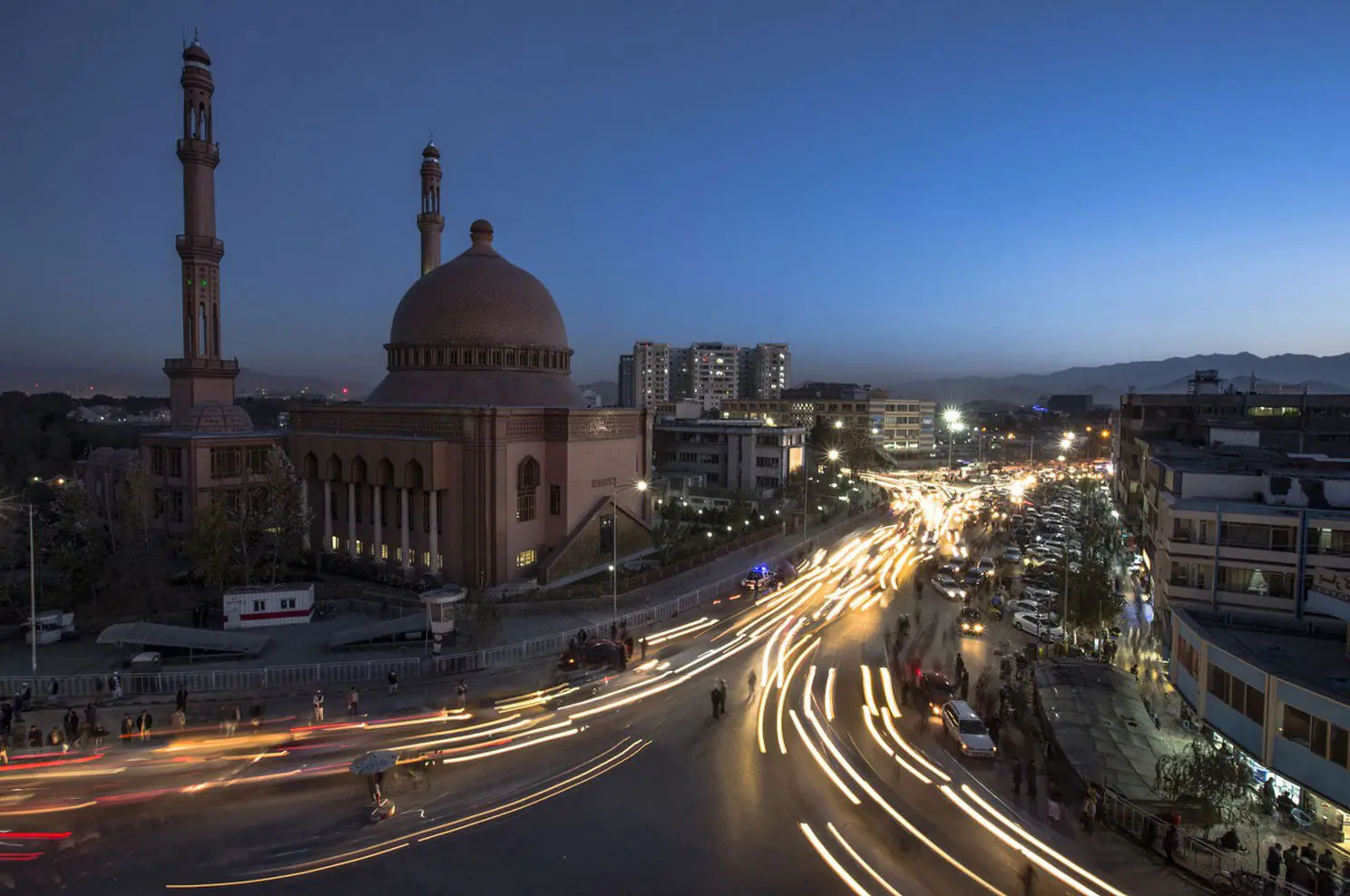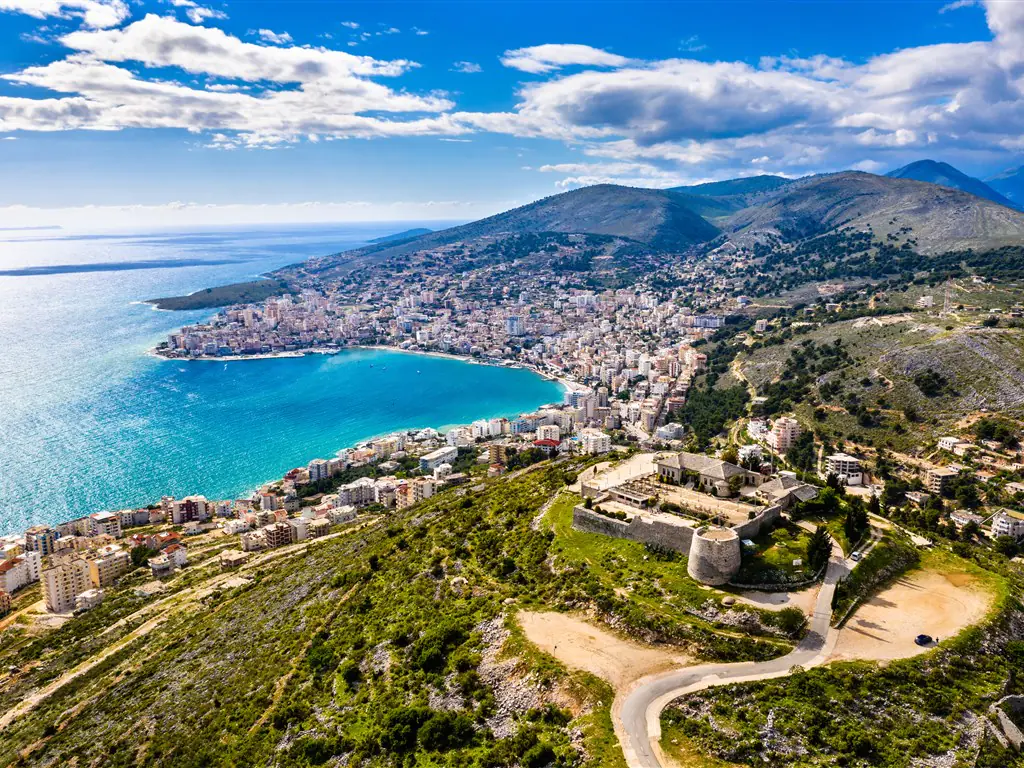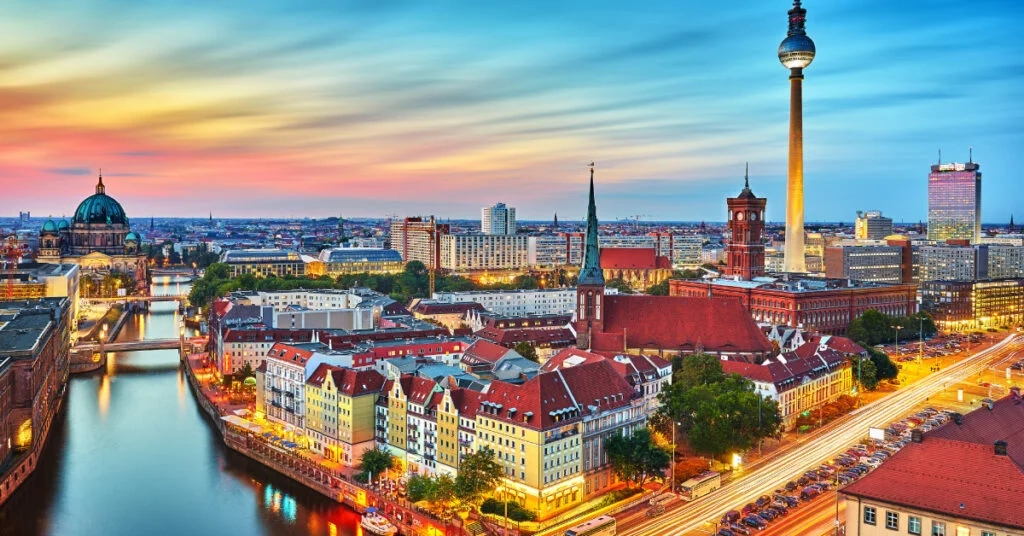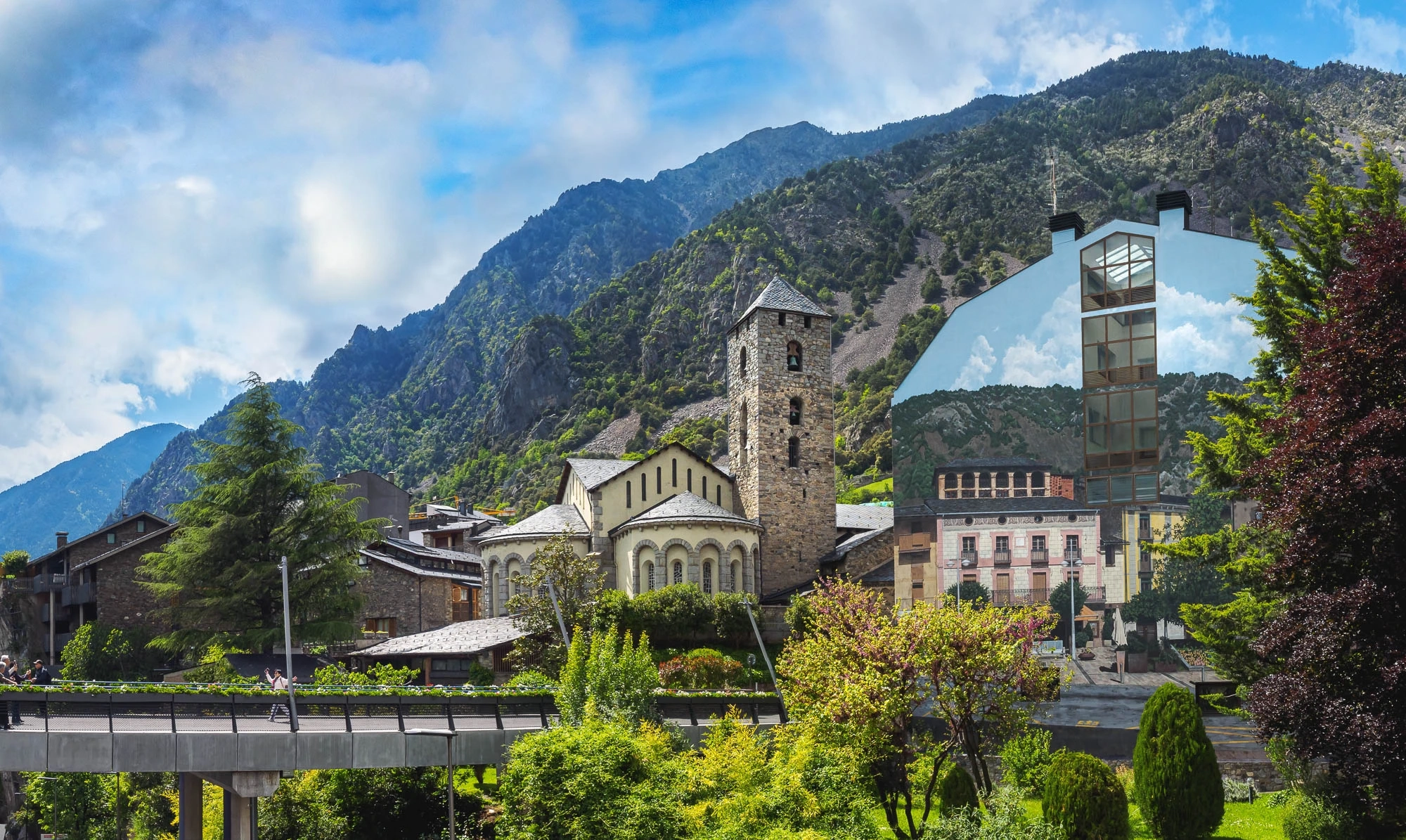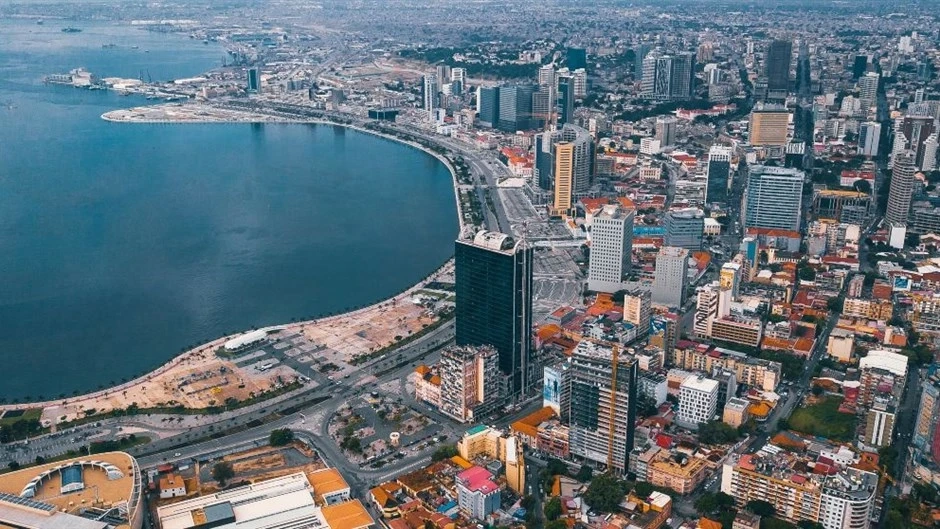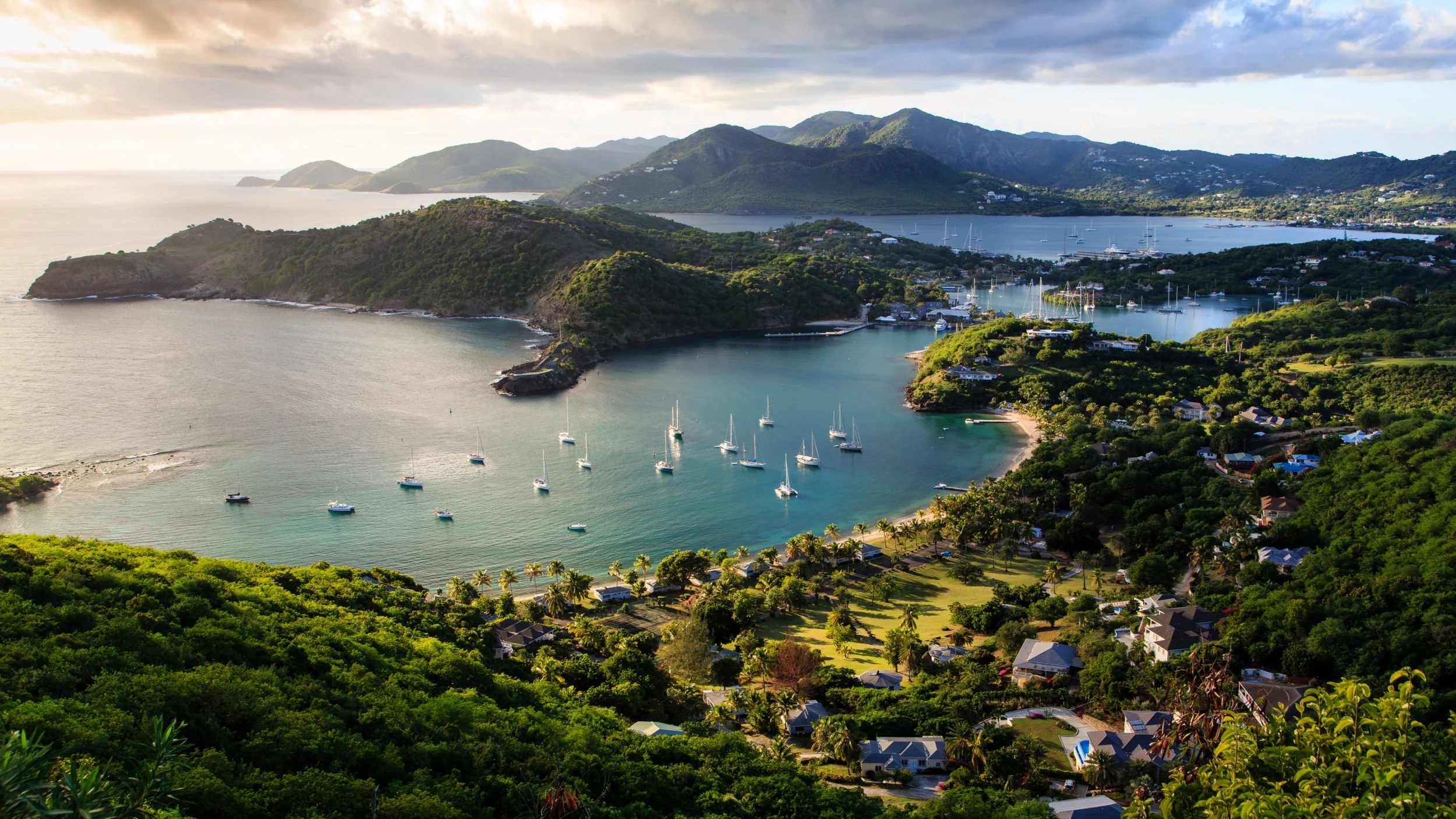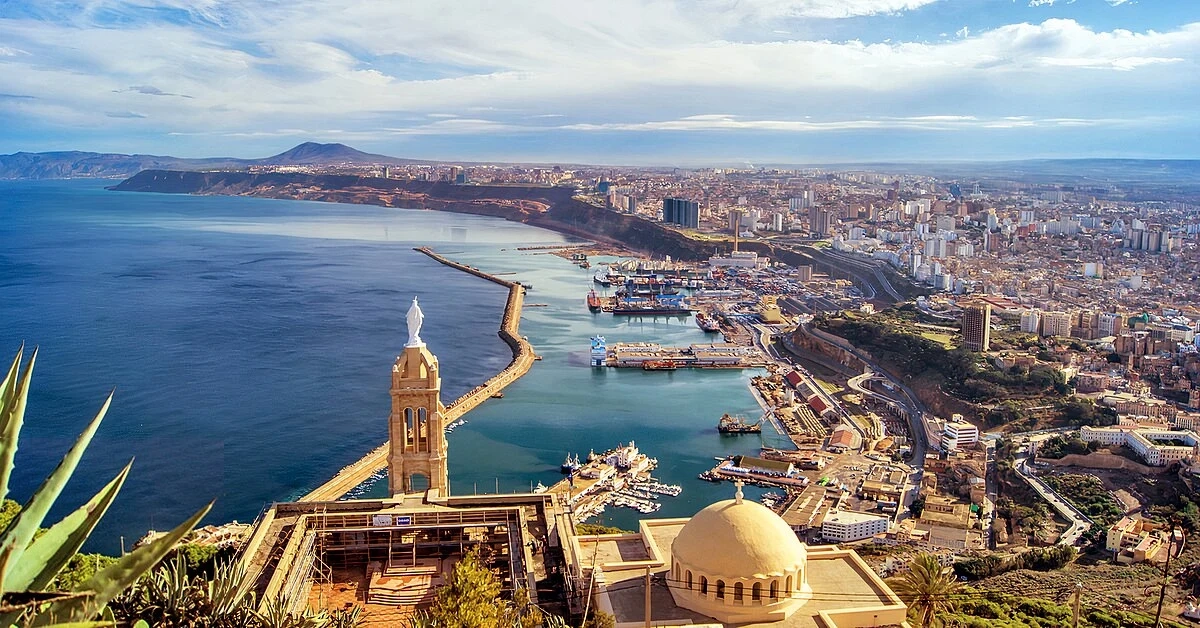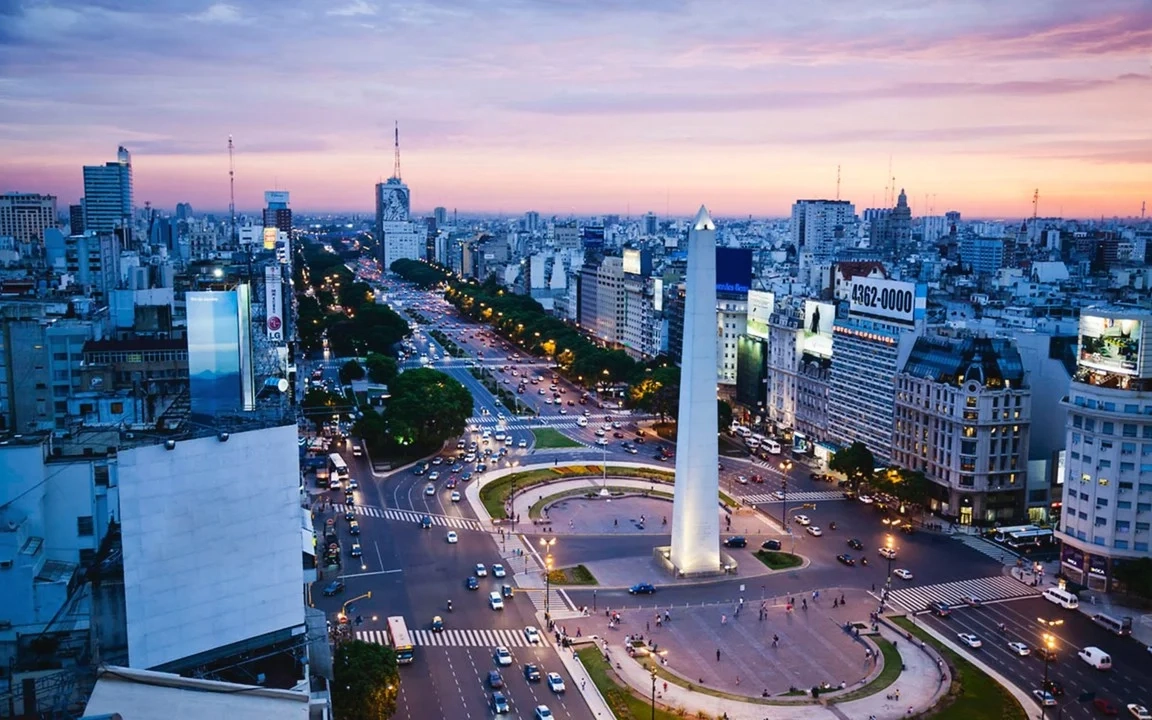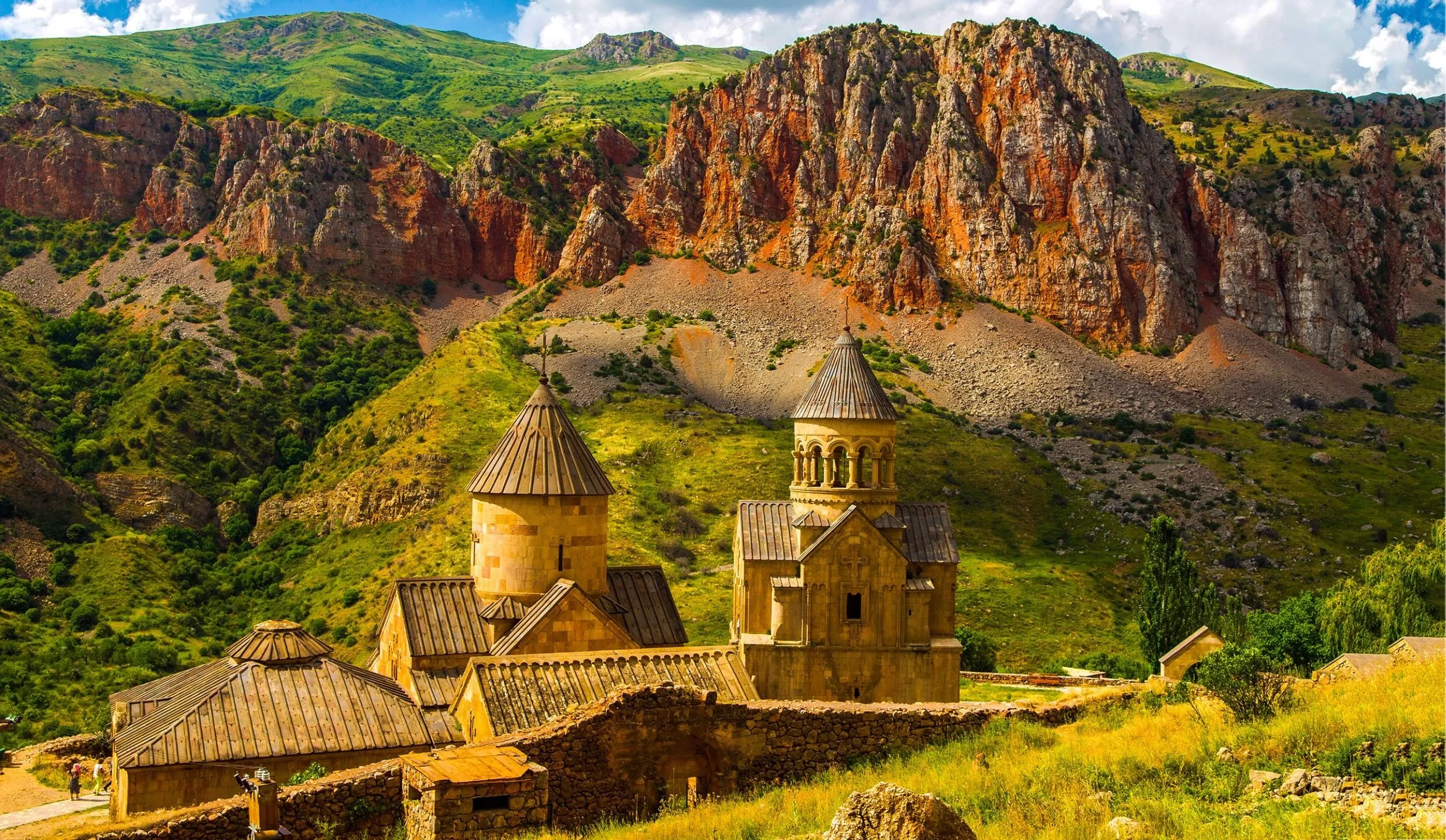1. Fiordland National Park: Located in the southwestern corner of the South Island, Fiordland National Park is famous for its breathtaking fjords, including Milford Sound and Doubtful Sound. The scenery is characterized by towering cliffs, waterfalls, and pristine wilderness.
2. Rotorua: Known for its geothermal activity, Rotorua on the North Island offers geysers, hot springs, and mud pools. It also provides a unique cultural experience with its strong Maori presence, including traditional performances and a living Maori village.
3. Aoraki / Mount Cook National Park: located in the Southern Alps, Aoraki / Mount Cook National Park, offers stunning alpine scenery. Visitors can explore hiking trails, go stargazing, and enjoy the tranquility of glacial lakes.
4. Queenstown: Often referred to as the "Adventure Capital of the World," Queenstown on the South Island is surrounded by the Southern Alps and Lake Wakatipu. It's a hub for outdoor activities such as bungee jumping, skiing, and hiking.
5. Abel Tasman National Park: Situated at the northern tip of the South Island, Abel Tasman National Park is known for its golden beaches, turquoise waters, and coastal hiking trails. Visitors can explore the park by foot, kayak, or boat.
The best time to visit New Zealand is during the summer months of December to March. Expect long, bright, sunny days and temperatures between 61°F and 75°F. It’s an ideal time to visit the lovely beaches or enjoy the many outdoor activities available, such as hiking and mountain biking.
• Domestic Flights: Domestic flights within New Zealand can vary in price depending on factors such as the distance traveled and the time of booking. On average, a one-way domestic flight can cost between NZD 100 to NZD 300 or more.
• Buses: Bus travel is a cost-effective way to explore New Zealand. Intercity buses connect major cities and towns. Prices for intercity bus tickets can range from NZD 20 to NZD 100 or more, depending on the distance.
• Trains: While New Zealand has scenic train routes, the train network is not as extensive as in some other countries. The TranzAlpine, one of the most famous routes, can cost around NZD 129 for a one-way journey.
• Rental Cars: Renting a car provides flexibility for exploring New Zealand's scenic routes. Rental car prices can vary based on the type of car, rental duration, and insurance coverage. On average, daily rental costs can range from NZD 50 to NZD 150 or more.
• Taxis and Ridesharing: Taxis and ridesharing services like Uber are available in major cities. The average starting fare for a taxi is around NZD 3.50, and the per-kilometer rate is approximately NZD 2.50. Ridesharing costs may vary.
• Ferries: Ferries are essential for traveling between the North and South Islands. The Interislander ferry, for example, can cost around NZD 55 to NZD 75 for foot passengers and NZD 150 to NZD 200 for vehicles.
• Cycling: New Zealand has a growing network of cycling trails. Daily rental prices can range from NZD 30 to NZD 50 or more.
• Walking: Many cities and towns in New Zealand are pedestrian-friendly, and exploring on foot is free.
What can be transported to New Zealand by plane?
Firstly, the import of national and foreign currency is not limited. But the declaration is mandatory if the amount exceeds NZD 10,000. Secondly, you can transport fruits, vegetables, wood products, plants and seeds. But know that they are subject to inspection.
Citizens over the age of 17 can import up to 200 cigarettes or 50 cigars duty-free. Goods for personal consumption worth up to 700 NZD are also carried duty-free.
What is prohibited from import to New Zealand:
• Drugs, weapons (but if special permission from the New Zealand police has been obtained in advance, firearms and cold weapons can be imported with mandatory customs declaration)
• Beekeeping products
• Food for domestic animals
• Ivory in any form, tortoise shell products, marine animal bones and tusks, horns and skin
• A number of diuretics, hypnotics and sedatives, cardiac preparations, tranquilizers, all types of vaccines, medicines for the manufacture of which musk is used, if their necessity is not confirmed by the relevant medical prescriptions.
What is prohibited from export from New Zealand:
• Samples of plants and animals that are under state protection
• Leather, bone, bird feathers, coral, and shell products
• Meat and sausage products in both directions.
• 111 – the emergency number for Police, Fire and Ambulance.
